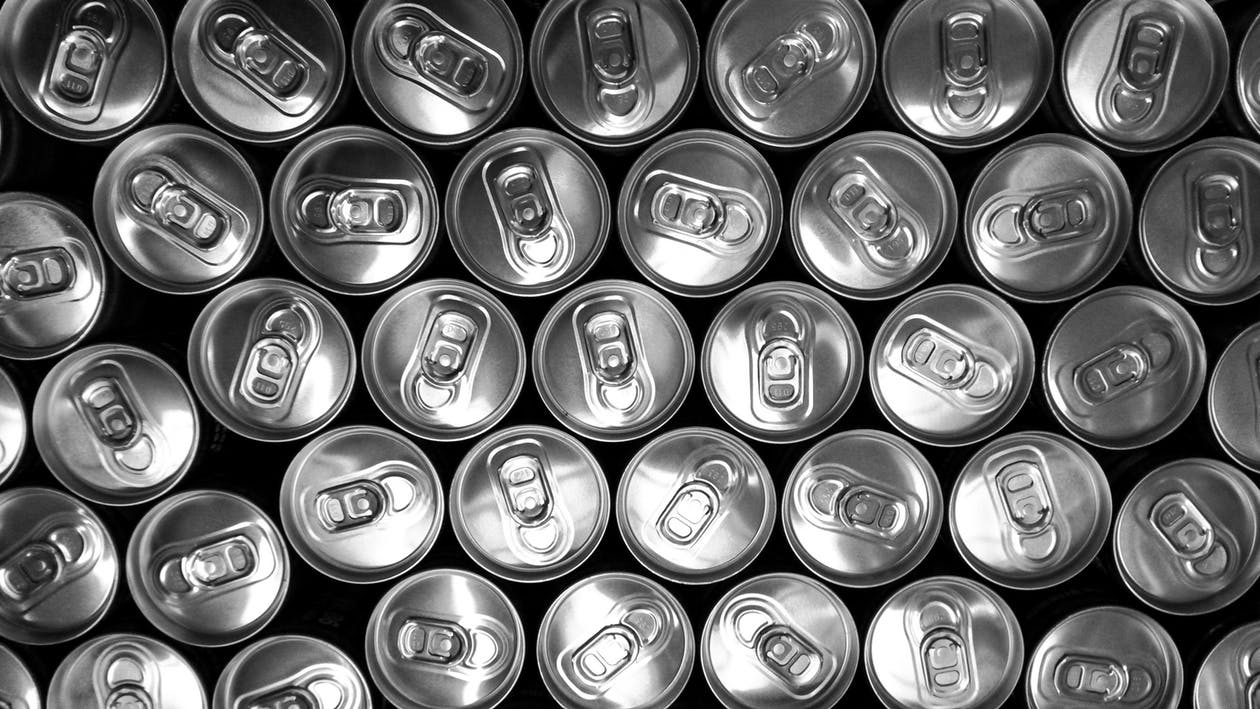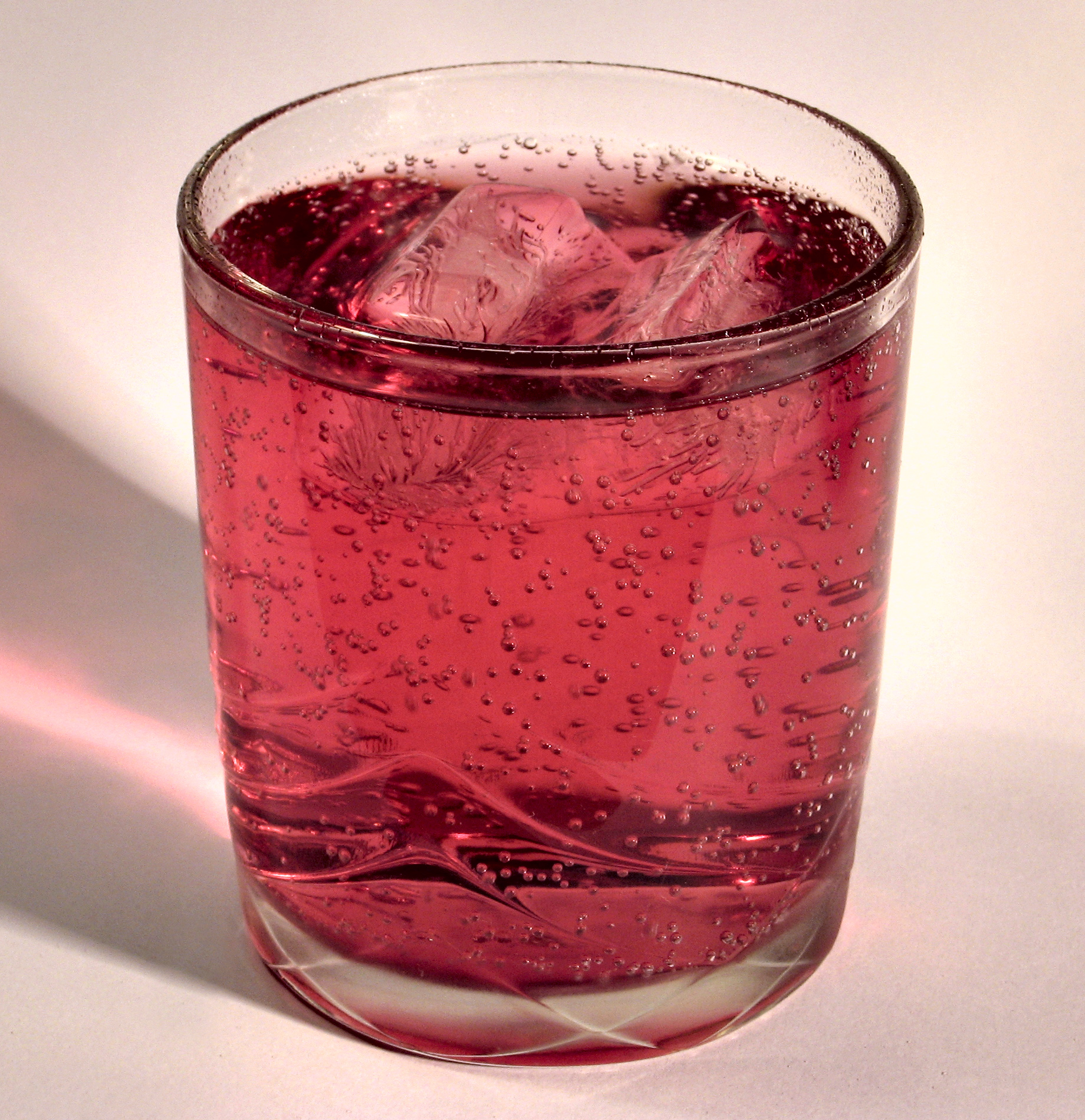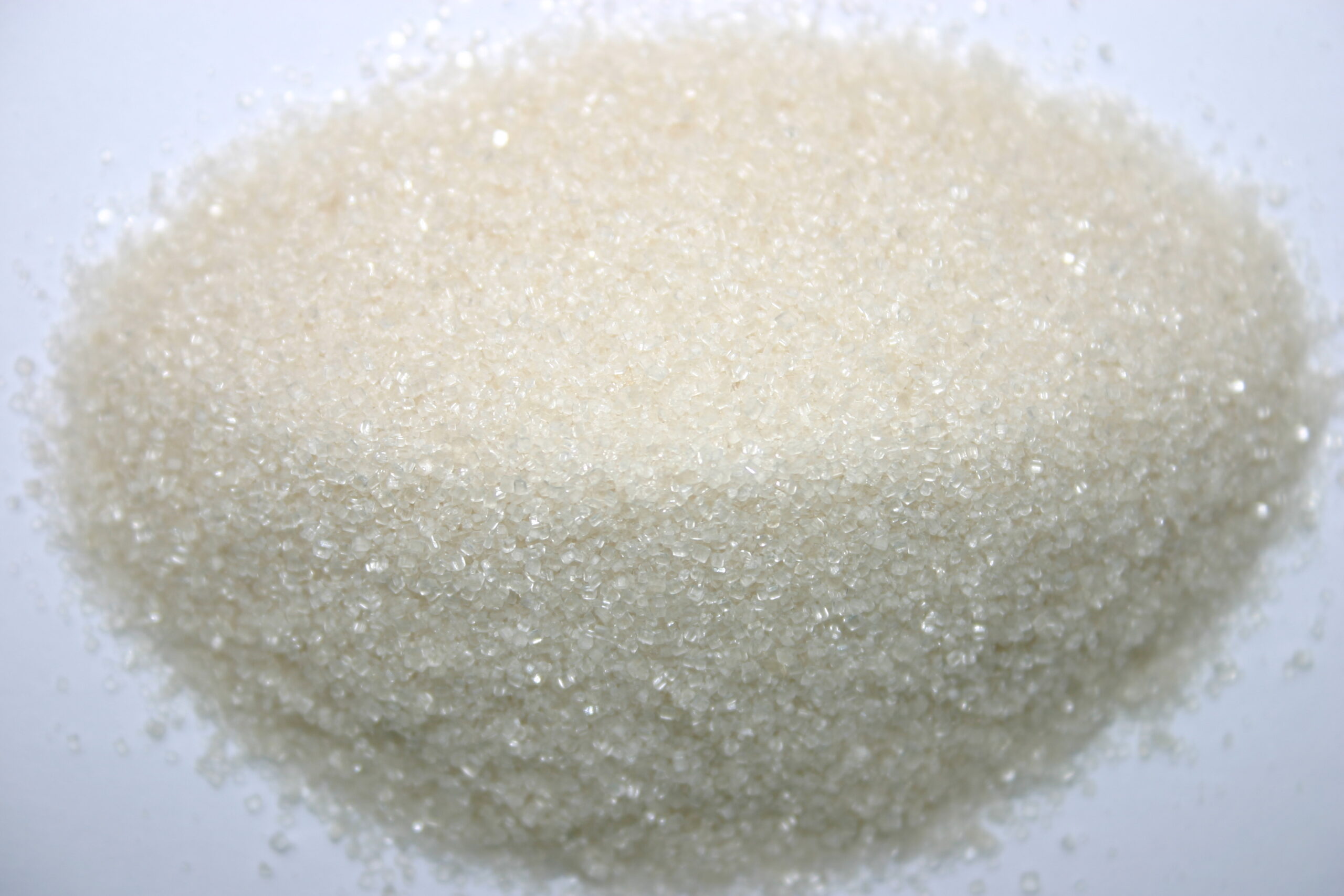Zero-calorie soda sounds like a great idea on paper, but there are a host of alarming reasons for why you should never drink diet soda again.
This common beverage, usually marketed under the "diet" label, is incredibly popular throughout the world. Here in America, the statistics are especially scary.
In a 2009/2010 survey, the Centers for Disease Control and Prevention estimated that roughly one-fifth of all Americans drink a diet soda on any given day. That adds up to roughly 62 million people drinking diet soda daily.
So, what's the big deal? It doesn't have the calories of an ordinary soda, or the high sugar content that has us limiting how much sweet tea we drink.
Since it's zero-calorie and free of sugar, it must be safe, right? Not according to the American Heart Association.
The scientists at the AHA now warn that diet soda could come with serious consequences for your body and your mind.
Scroll through below to learn why you should never drink diet soda again.
Photo Credit: Twitter / Stroke AHA/ASA
The American Heart Association released new information recently that indicates that diet soda could have a strong link to dementia and stroke.
The research, published in the journal Stroke, concluded:
The study found that people who reported drinking at least one artificially sweetened drink a day compared with less than one a week were 2.96 times as likely to have an ischemic stroke, caused by blood vessel blockage, and 2.89 times as likely to be diagnosed with dementia due to Alzheimer’s disease.

In plain English, people who drink diet soda at least once a day are several times more likely to have a stroke or develop dementia.
Diet sodas are packed full of artificial sweeteners that give the soda a sugary kick, without any of the actual sugar.
Because the sweeteners are free of calories, many people believe that drinking diet soda is a healthier than drinking regular soda.

The AHA is quick to note that it's not necessarily wrong to think of diet sodas as a step away from worse sodas with real sugar.
"For many people, such as people with diabetes or obesity, diet sodas can be part of the gradual switch from sugary drinks," the study said.
So, diet sodas do have a role in helping people break their addiction to full-sugar sodas.

The AHA is also careful to note that people should not take this new research to mean that it's healthier to switch back to regular soda.
This study did not examine sugary drinks, so they haven't determined yet if sugary drinks are linked to higher or lower rates of dementia.
For the moment, existing research overwhelmingly shows that sugar drinks are extremely bad for heart health, blood sugar, and weight.

Past studies have also noted that diet soda, though calorie-free, may lead to weight gain and higher obesity levels.
The research is inconclusive right now, but scientists hypothesize that the fake sugar in diet soda might trick the body into craving the real deal.
The biggest issue with diet sweeteners is that we simply don't know that much about how they impact the body and brain. It's better to cut the habit entirely if you can.

If you're among the millions of Americans who drink diet soda, the message is pretty simple.
Don't switch back to regular soda. Do try to wean yourself off the temptations of sugar-free soda.
You can try supplementing soda with unsweetened beverages, like green tea and water.
You might also try out fennel tea, which has just a tiny kick of natural sweetness, or squeezing a lemon or lime slice into your water.
Did you know about the hidden dangers of diet soda? Be sure to SHARE this information with friends and family!




